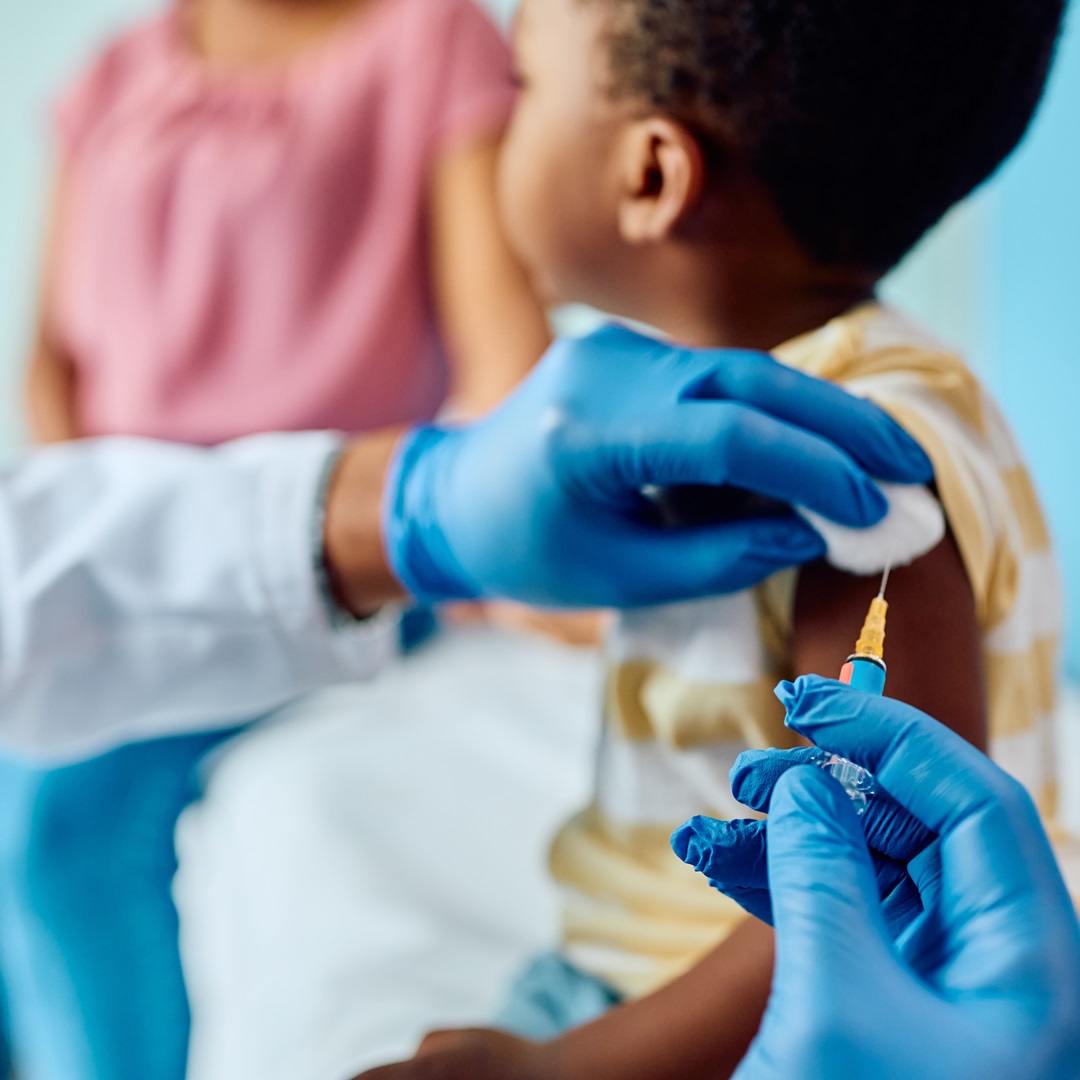by Stephen Luther, M.D.
Share

In a surprising turn of events, Moderna’s highly anticipated mRNA vaccine designed to protect infants and young children from respiratory syncytial virus (RSV) has hit a major roadblock. Recent trial data revealed that instead of shielding kids from severe RSV infections, the vaccine may actually worsen outcomes, leading to a pause in studies.
This development raises red flags for parents and patients eager for new tools to combat RSV, a common yet potentially dangerous respiratory illness. By digging into the science behind this setback and blending it with broader medical insights, this article aims to unpack what went wrong, why it matters, and what you can do to stay informed and safe.
RSV: A Familiar Foe with Serious Stakes
RSV is no stranger to families. It’s a leading cause of respiratory infections in young children, often causing mild cold-like symptoms but sometimes spiraling into severe conditions like bronchiolitis or pneumonia, especially in infants under six months. Globally, it sends millions of kids to the hospital each year and claims thousands of lives, particularly in vulnerable populations. For decades, scientists have chased a vaccine to curb its toll, but the path has been rocky – early attempts in the 1960s famously backfired, worsening illness in vaccinated children rather than preventing it. Moderna’s mRNA technology, celebrated for its role in COVID-19 vaccines, promised a breakthrough. Yet, the latest data suggests history might be repeating itself in a modern twist.
The Trial That Took a Turn
Moderna’s RSV vaccine trials targeted infants and toddlers, a group hit hardest by the virus. The mRNA approach works by instructing cells to produce a piece of the RSV protein, training the immune system to recognize and fight the virus. Initial hopes were high – after all, this technology had delivered rapid results against COVID-19. But when researchers analyzed the outcomes, they found a troubling pattern. Among vaccinated children who still got sick with RSV, the rates of severe or very severe infections were significantly higher compared to those who didn’t get the shot. This imbalance wasn’t a minor hiccup – it was stark enough to halt the trials, signaling a potential safety crisis.
What’s behind this? One possibility is a phenomenon called antibody-dependent enhancement (ADE), where the vaccine triggers an immune response that, instead of neutralizing the virus, amplifies its attack on the body. This isn’t a new concept – similar issues derailed early RSV vaccine efforts and have been flagged in other vaccine research. Another theory points to the “leaky” nature of mRNA vaccines, meaning they might not fully block infection, allowing the virus to slip through and cause worse disease in some cases. Whatever the cause, the data paint a picture of a vaccine that could be doing more harm than good, at least in its current form.
A Broader Look: mRNA Vaccines Under Scrutiny
This isn’t the first time mRNA vaccines have faced questions. While they’ve been hailed as a game-changer, concerns about their safety profile have simmered beneath the surface. Studies on COVID-19 mRNA vaccines have linked them to rare but serious side effects like myocarditis in young people and unexpected immune responses that linger longer than anticipated. The RSV trial setback adds fuel to the debate: Is this technology being rushed too fast, especially for fragile populations like infants? Unlike traditional vaccines, which use weakened or inactivated viruses, mRNA shots are a newer tool, and their long-term effects – particularly in kids – are still unfolding. The immune systems of infants are delicate, wired differently than the immune system of adults, and what works for one age group might misfire in another.
The pause also echoes a cautionary tale from RSV’s vaccine history. Back in the 1960s, a formalin-inactivated RSV vaccine triggered a disastrous immune reaction in children, leading to enhanced disease when they encountered the real virus. Many ended up hospitalized, and some didn’t survive. That failure reshaped vaccine development, emphasizing the need for rigorous safety checks. Moderna’s mRNA stumble suggests that even innovative tech isn’t immune to these old pitfalls – biological complexity doesn’t bend to innovation alone.
Why This Matters to You
If you’re a parent or caregiver, this news might feel like a gut punch. RSV season is a stressful time, and the promise of a vaccine offered hope. Now, that hope is on hold, and the risks are front and center. Severe RSV can mean oxygen support, hospital stays, or worse for a small child, and the idea that a vaccine could increase those odds is alarming. Beyond infants, older adults – another group prone to RSV complications – might wonder if similar mRNA vaccines in development for them carry hidden dangers too.
This isn’t just about one vaccine failing a test. It’s a wake-up call about trusting bold claims without the full picture. Drug companies often tout early successes, but the real story emerges in the data – and sometimes, only after problems surface. Patients deserve transparency, not just headlines, especially when it comes to experimental treatments for the most vulnerable.
What Can You Do? Staying Safe and Informed
While Moderna sorts out its next steps, here’s how you can protect yourself and your loved ones from RSV and navigate this uncertainty:
- Stick to Proven Prevention: For now, non-vaccine strategies are your best bet. Wash hands frequently, avoid sick contacts, and keep surfaces clean – RSV spreads easily through droplets and touch. For high-risk infants, ask your doctor about palivizumab, a monthly antibody shot that can lower severe RSV odds during peak season.
- Know the Signs: Watch for trouble breathing, high fever, or worsening cough in kids. Early medical care can make a difference if RSV takes hold.
- Ask Questions: If a new RSV vaccine hits the market, dig into the details. How was it tested? What do the safety numbers say? Don’t hesitate to press your healthcare provider for answers – your trust should be earned, not assumed.
- Stay Updated: Science moves fast, and so does this story. Follow reliable health sources – not just social media buzz – to track what’s next for RSV vaccines.
For older adults, the same vigilance applies. Moderna has an RSV mRNA vaccine approved for seniors, but this infant trial hiccup might prompt a closer look at its safety too. If you’re considering it, weigh the risks and benefits with your doctor, especially if you’ve got underlying conditions.
The Road Ahead: Caution Over Haste
Moderna’s RSV vaccine stumble isn’t the end of the line for mRNA technology, but it’s a loud reminder that speed can’t trump safety. The company will likely tweak the vaccine or dig deeper into why it faltered, and regulators will scrutinize every move. For patients, this is a chance to demand better – not just from drugmakers, but from the systems that greenlight these shots. Kids deserve protection that works, not experiments that backfire.
In the meantime, RSV remains a foe we can fight with what we’ve got: smart habits, quick action, and a healthy dose of skepticism. The science will catch up eventually – but it’s on us to make sure it’s done right.





